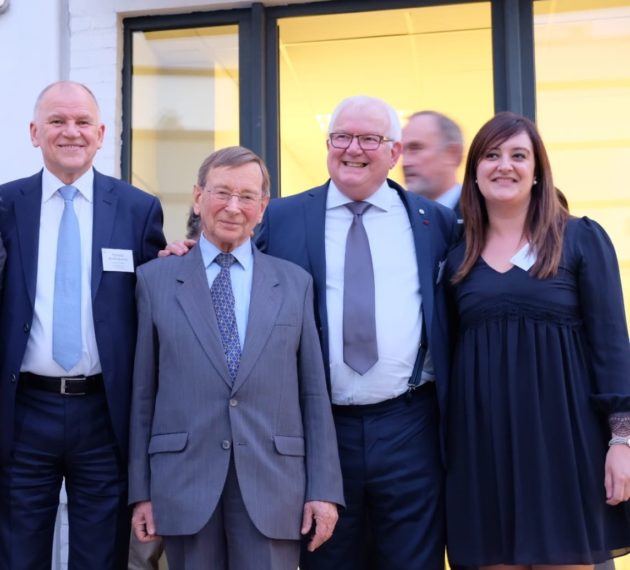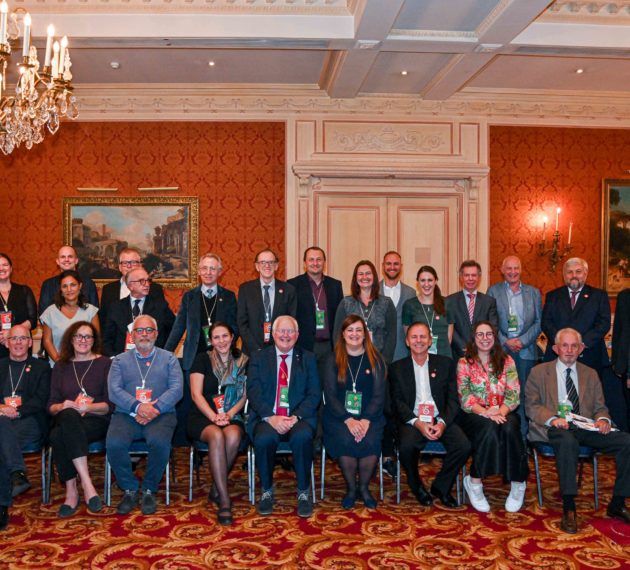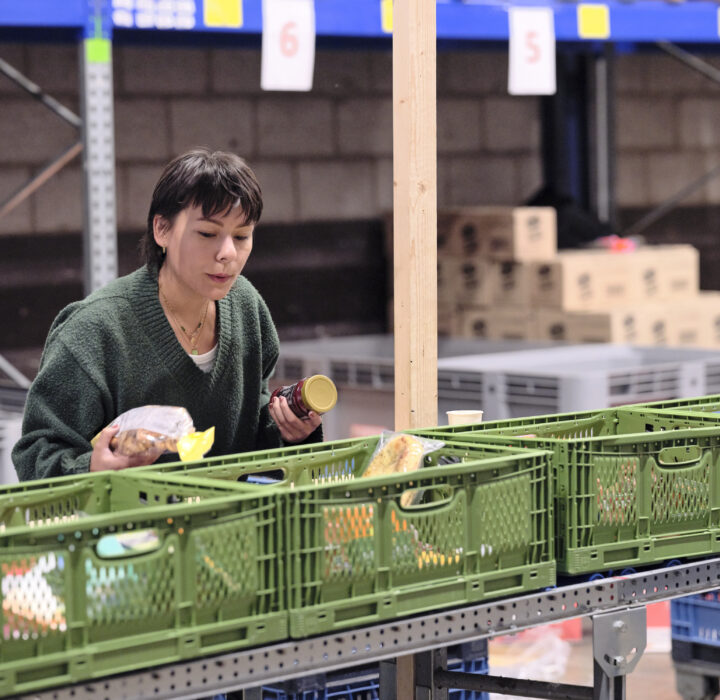
Valluis
FEBA is dedicated to fighting hunger and reducing food waste across Europe through collaboration and innovation.








At FEBA, we strive to combat food insecurity while minimizing food waste across Europe. Our mission is rooted in the belief that everyone deserves access to nutritious food, and we work tirelessly to connect surplus food with those in need.

Solidarity, transparency, empowerment, resilience, and sustainability—guide everything we do to fight hunger and build a fairer food system.
FEBA is a movement rooted in solidarity, connecting people, organisations, and food systems to support those in need. People are at the centre.
Amid crises (from COVID to war in Ukraine), FEBA and its members adapt, grow, and remain operational. Resilience is seen as both a strategic and ethical imperative.
FEBA deeply supports local food banks, helping them become autonomous, resilient and impactful within their contexts.
FEBA emphasises full traceability and transparency in the food recovery and redistribution process.
FEBA contributes to environmental sustainability by reducing food waste, and promotes social sustainability through food access and community cohesion.
Solidarity, transparency, empowerment, resilience, and sustainability—guide everything we do to fight hunger and build a fairer food system.
FEBA contributes to environmental sustainability by reducing food waste, and promotes social sustainability through food access and community cohesion.
FEBA contributes to environmental sustainability by reducing food waste, and promotes social sustainability through food access and community cohesion.
FEBA contributes to environmental sustainability by reducing food waste, and promotes social sustainability through food access and community cohesion.
FEBA contributes to environmental sustainability by reducing food waste, and promotes social sustainability through food access and community cohesion.
FEBA contributes to environmental sustainability by reducing food waste, and promotes social sustainability through food access and community cohesion.
Meet the dedicated individuals behind FEBA's mission.





























Are you passionate about making a difference in the fight against hunger? Explore our open positions and become a vital part of our mission to reduce food waste and support those in need.
Partner with us to combat food waste and hunger across Europe. Together, we can make a difference.